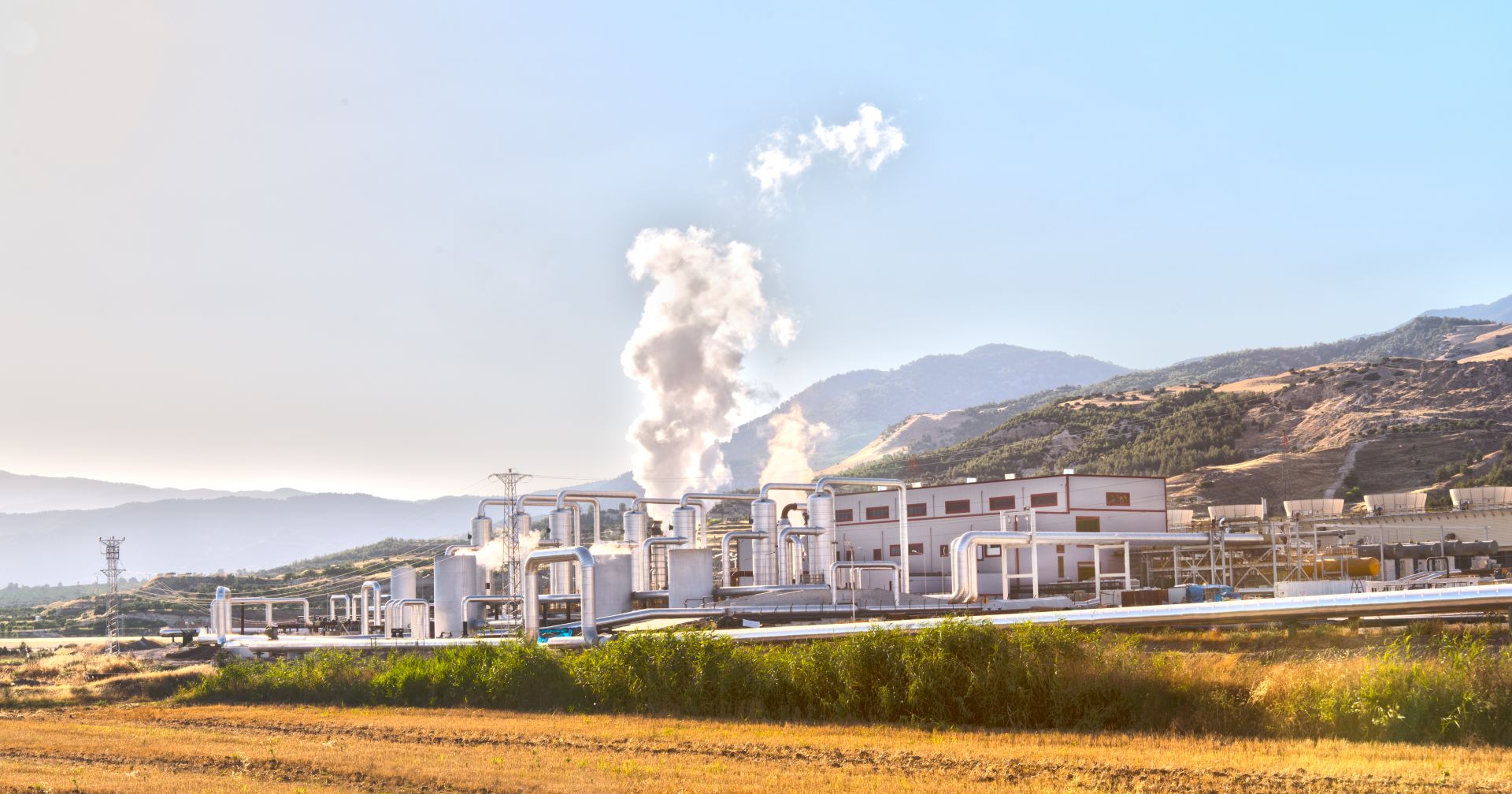
From waste or renewable resources
Biofuel. Fuel of the future
Biofuels are a key component of the EU's transport-related climate change policy. By 2030, the share of renewable energies in the transport sector is to reach 32 %. This is the target set by EU Directives 2009/28 and EU 2018/2001, which, when applied
to everyday life, means The EU member states are demanding increasing biofuel shares in the transport sector from fuel suppliers. These are covered by first, second and "advanced" generation biofuels.
Three generations of biofuels
First-generation biofuels have been or are produced from renewable raw materials such as rapeseed or palm. Their contribution to CO2 savings: more than a third compared to diesel. The criteria were tightened up with the
adoption of the sustainability ordinance (BioKraft-NachV), which has been in force since 2011. Second-generation biofuels must ensure that no valuable habitats for rare plants and animals - such as bogs or rainforests - are lost during their cultivation and that at least 50% greenhouse gases are saved over the entire value chain (from cultivation to delivery). If they are produced in new plants that went into operation after 5.10.2015, the GHG savings must be as high as 60 %. Waste-based
and "advanced" second-generation biofuels far exceed these results. They stand for remarkable 80 % to 100 % CO2 savings and thus in the best case for climate neutrality.
Up to 95 % less greenhouse gases
Summary: With 50 % to 95 % less CO2 emissions compared to fossil fuels, biofuels make an enormous contribution to climate protection. When blended with fossil
fuels, they now account for a large part of the CO2 savings in Germany reported to Brussels by the German government every year. Further
information on this important topic can be found at www.mvak.eu, from the Mittelstandsverband Abfallbasierter Kraftstoffe, of which we are a founding member.







